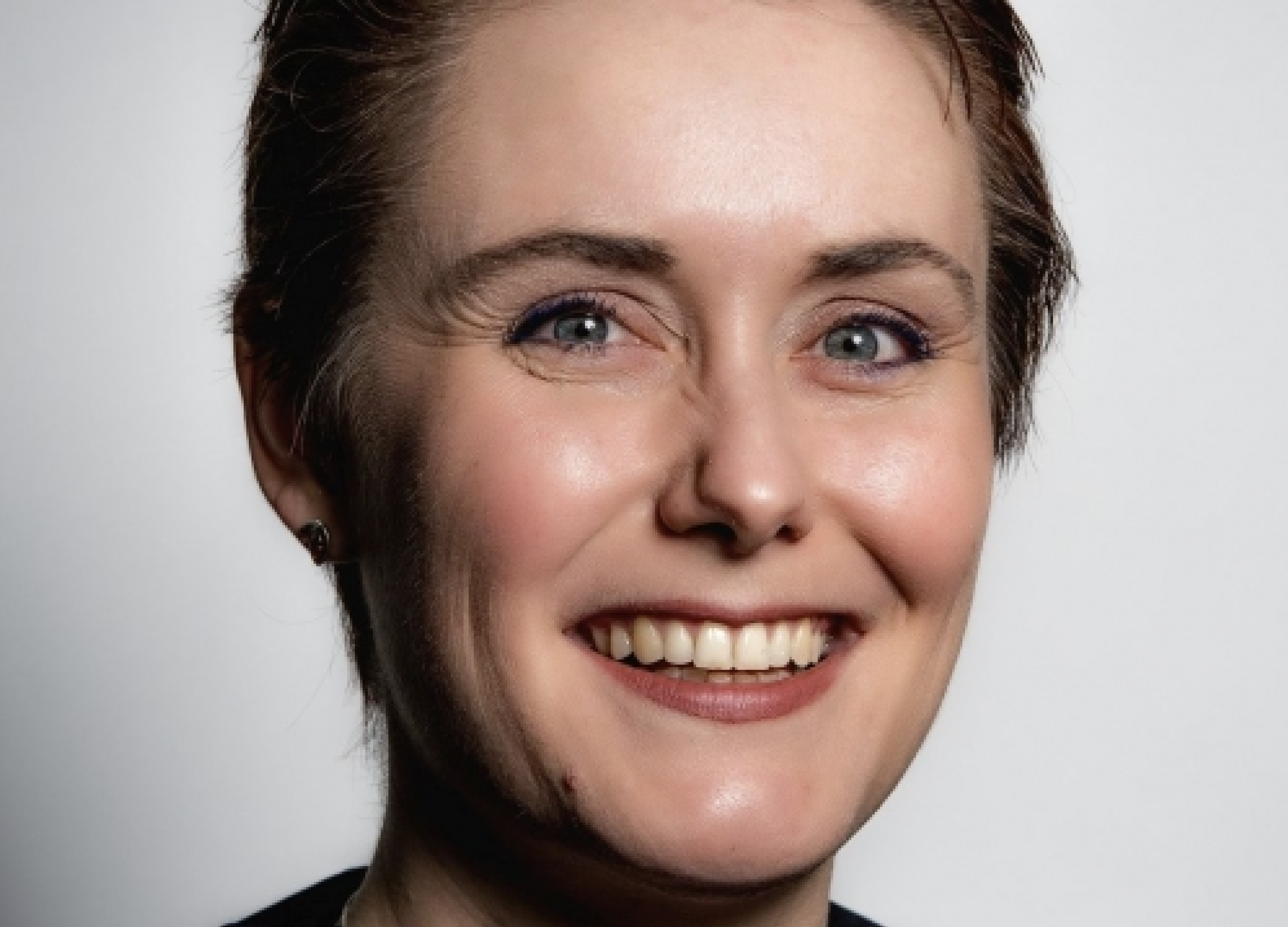In the words of British journalist Bryan Appleyard, genetics is “the most restless, turbulent and demanding form of knowledge that our species has yet produced”. This was the topic at the centre of an interactive discussion held by TCD Genetics Society and TCD Law Society on Monday night. The complexities of the codes that govern every aspect of our biology are still very much beyond our grasp, despite the impressive advancements that have been made in the field since the term “genetics” was coined in 1905. Now, as the conversation around data rights and protection grows, another layer of complexity is added with the question of how to ethically handle genetic data.
Dr Katherine O’Keefe and Professor David McConnell joined GenSoc and LawSoc to offer two different expert perspectives on the issues surrounding the use of genetic data. Dr O’Keefe is a leading information governance specialist and ethicist, who has worked for several years in data protection consultancy for companies, start-ups and governments. She now lectures on data ethics and privacy at the Law Society of Ireland. Prof McConnell is a Professor of Genetics and the 58th Pro-Chancellor of Trinity, whose career includes playing a major part of the development of genetic engineering and biotechnology in Ireland and advisory roles in the field of genetics and research. Given their different backgrounds, the two guest speakers brought two very different lenses to the issue which served to bring it into sharper focus.
Dr O’Keefe began the evening by laying out the basic principles of medical research: respect for persons and the need for informed, freely given consent; beneficence, or limiting of risk; and justice, meaning consideration of who benefits from the research. She drew comparisons from these principles to the principles of data protection, which along with the basics of fairness and transparency include limitations on what kind of data can be collected, how long it can be kept for and who has access to it.
Genetic data research, Dr O’Keefe told us, offers unique ethical problems. Informed consent is required in all medical research; however, genetic data does not belong to just one individual, but to all of their biological relatives. One person sending a DNA sample to a genealogy service such as 23andMe puts all of their family members’ DNA in the same system, possibly without their knowledge. There are tangible risks to your genetic data falling into the wrong hands – the Chinese government has been using DNA to track its own people, with the aid of a Massachusetts-based company. Dr. O’Keefe’s background in privacy consultancy lent a cautionary tone to the talk, which finished with a reminder to ask ourselves where, when, how and why our data is being collected.
Prof McConnell, coming from a background in genetics research, took a different view of the use of data, citing the many positives that have come from growing databases. The main impacts of genetic research have been on agriculture and the development of forensics. DNA evidence, in particular, has revolutionised the criminal justice system, adding an objective dimension to a highly subjective process. When DNA testing was retroactively introduced, the majority of convictions overturned were of members of minorities. In particular, several black men from underprivileged backgrounds who had been on death row for years were exonerated by DNA evidence, highlighting a glaring racial bias in convictions based on arguments alone. Genetic analysis was behind this.
McConnell believes that the intersection between genetics and the law is best handled under the British system. Genome research is done by Genomics England, a company supported both by the Department of Health and Social Care and investors. In Ireland, the state-backed DNA collection firm Genomics Medicine Ireland (GMI), which is focused on profit rather than clinical research, is currently under investigation by the Data Protection Commissioner over its handling of patients’ data. He described Irish clinical genetics as “grotesquely underfunded”, leaving missed opportunities to diagnose diseases at the genetic level under standard health services. For McConnell, some loss of autonomy over genetic data is an acceptable price to pay for the progress that can be gained from the analysis of large datasets that many companies profit from. Referring to pharmaceutical companies he quipped, “I like them. They keep me alive.”
Both guests remained spirited and engaged in the more informal Q&A portion. In response to a question about government funding of GMI, they both advised any students concerned about the misuse of data to send emails to their TDs and put pressure on politicians to bring it up. The question of public good versus personal autonomy could never be resolved in an hour-long conversation, but for the students who attended the talk, it was an illuminating discussion surrounding the intersection of two fields that can only become more prominent as the need for regulation becomes a pressing issue.






